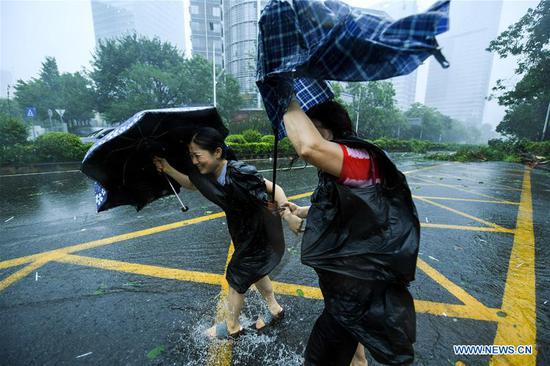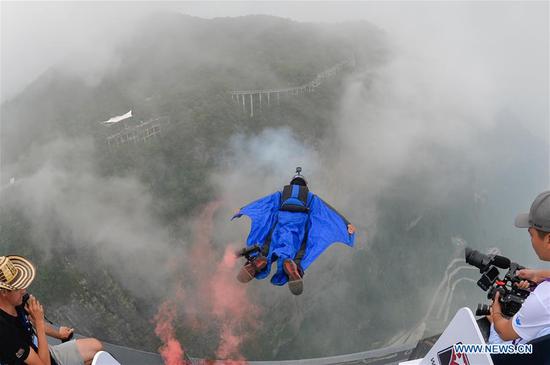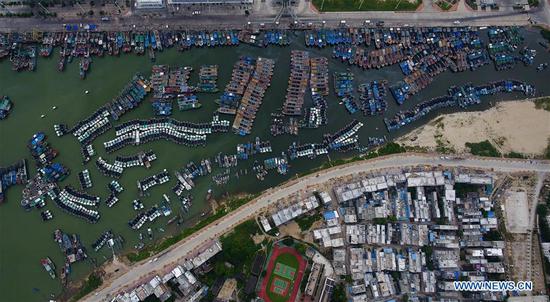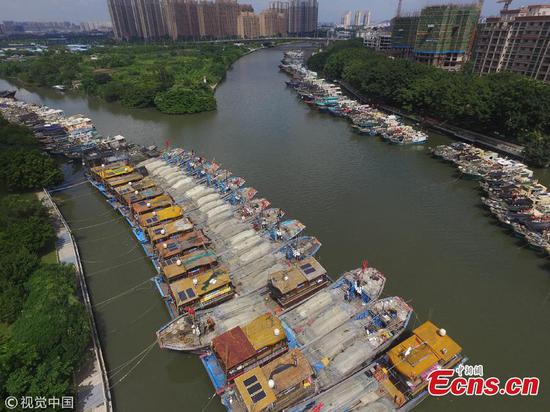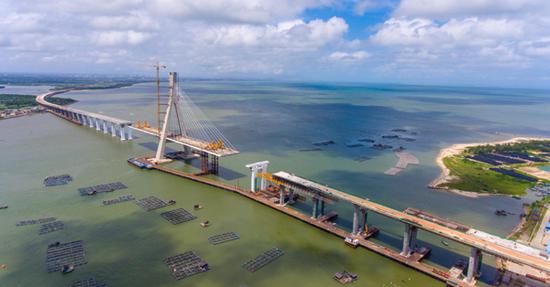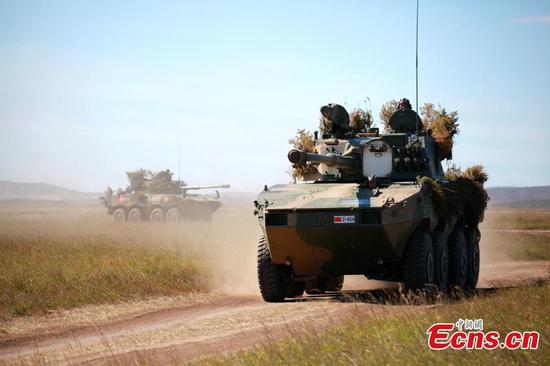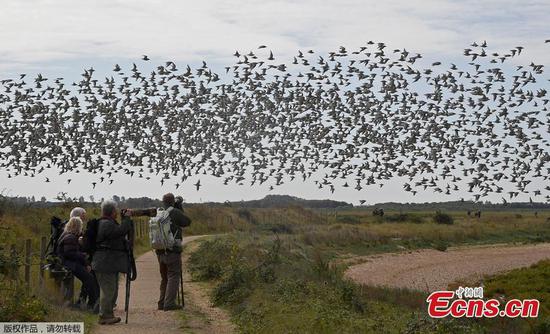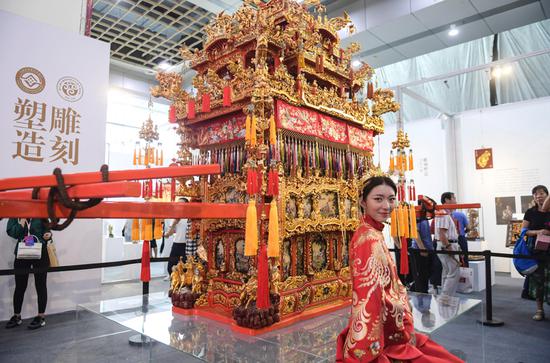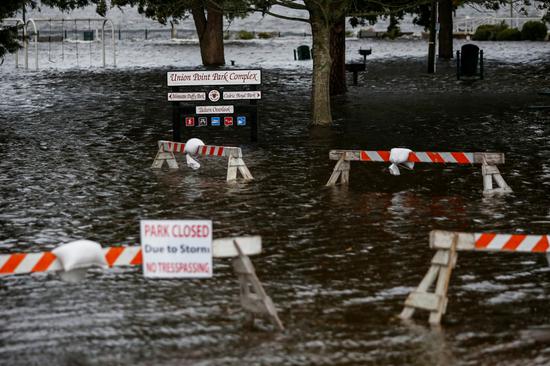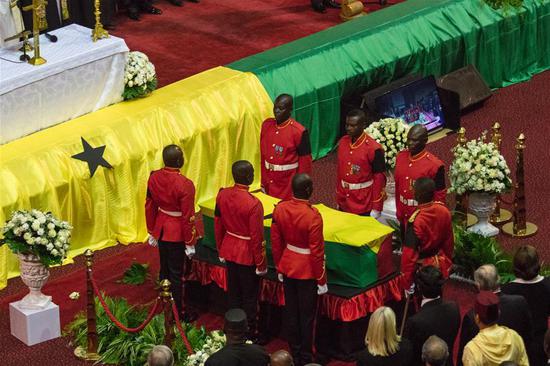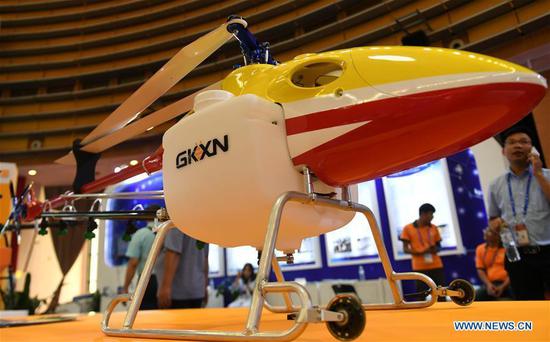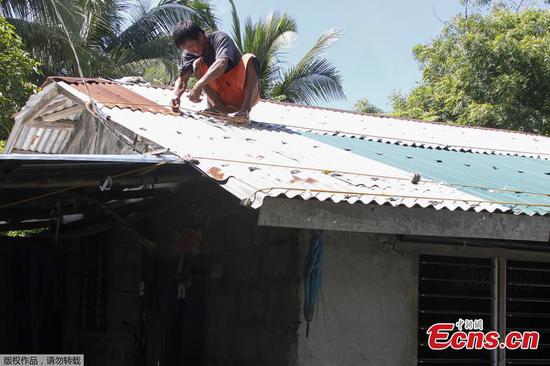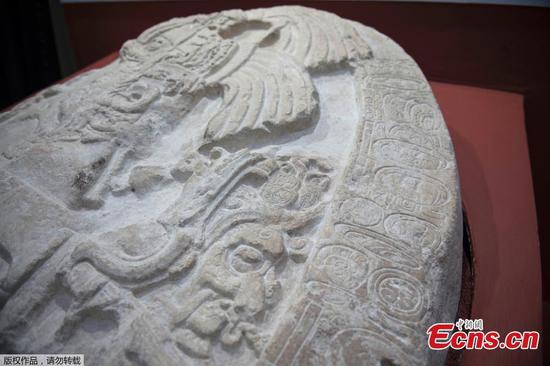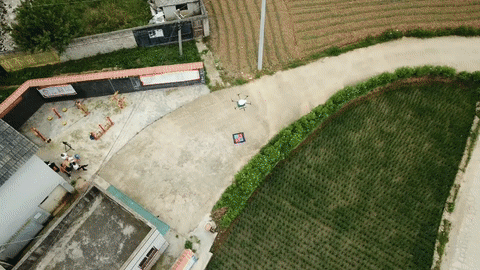
Weicheng Town is under the administration of Guiyang City, capital of China's southwestern Guizhou Province. The area has nearly 30,000 residents, some of whom live in villages scattered around the mountains.
Wang Hua is a staff member at the branch post office in Weicheng. There are about 300 letters and parcels for him to deliver on a daily basis. Usually, he carries the 40 kg mailbag on the motorcycle and tramps over the mountains. "Some of the parcels are fresh fruits from the folks' children, which could go bad very quickly,” Wang said. “The parcels also include emergency medicines, ID cards people need urgently for their business."
Wang begins work at 8 am. He has to walk about 100 km per day to cover all the villages and finishes at about 6 pm. It takes longer when the weather is terrible. Knowing that the parcels are eagerly expected, Wang takes good care of them as if they were of his own. "The job is about earning people's trust," he said.
He takes the same route three times a week, and he is quite familiar with the villagers, whom he often runs into and has brief chats with.
In January of this year, Wang's duties changed a lot. A pilot drone delivery project was launched at the branch post office where he works.
An R&D company sets the course of the drone in Hangzhou City, Zhejiang Province. Wang is in charge of the takeoff procedure. In the morning, he lays a blue and red blanket on the ground. It's a positioning device for takeoff and landing. Then he mounts the packages under the belly of the drone and checks the battery before he sets it off by scanning the QR code on the machine.
A fully charged drone can fly for 30 minutes carrying the cargo of 5 kg, enough for it to reach the nearby villages. There's a relay person in every village who guides the drone with another blanket, gets the mail and replaces the battery. In this way, the parcels are delivered across the town with efficiency.
While it took a day to deliver the mails, the drone can do it within an hour.
"Once, an old lady in Lianhua Village had her daughter buy her some emergency medicine online. It would've taken me three hours on a motorcycle to deliver it. But with the drone, it took less than 20 minutes," said Wang.
Many villagers had never seen a drone before. "At first, people were astonished. They gathered in our place just to watch how it works." Some of them asked about the timetable and went to watch several times.
Now that the drone delivery is well accepted, only the heavy parcels are delivered using motorcycles. The R&D company collects data on the drone's performance in the town in the hope that the service could be introduced to more remote villages.
"No matter what tools I use to deliver, I'm always closely connected with the villagers," says Wang. Technology may change many things, but the principle of a postman to deliver fast and reliably will always be the same.









